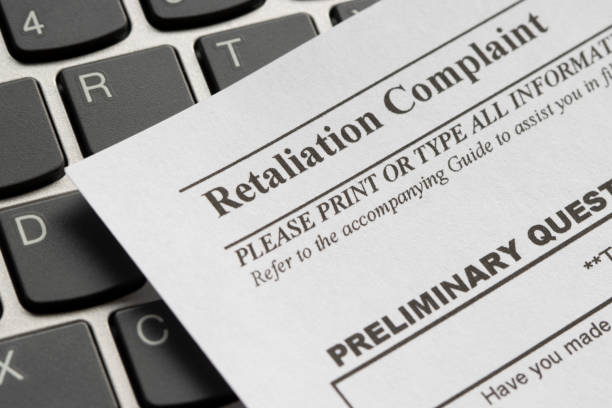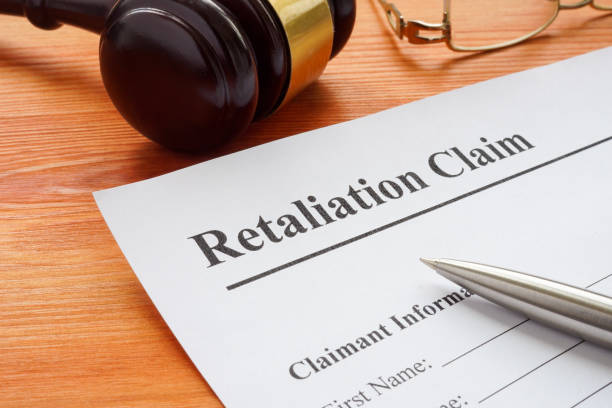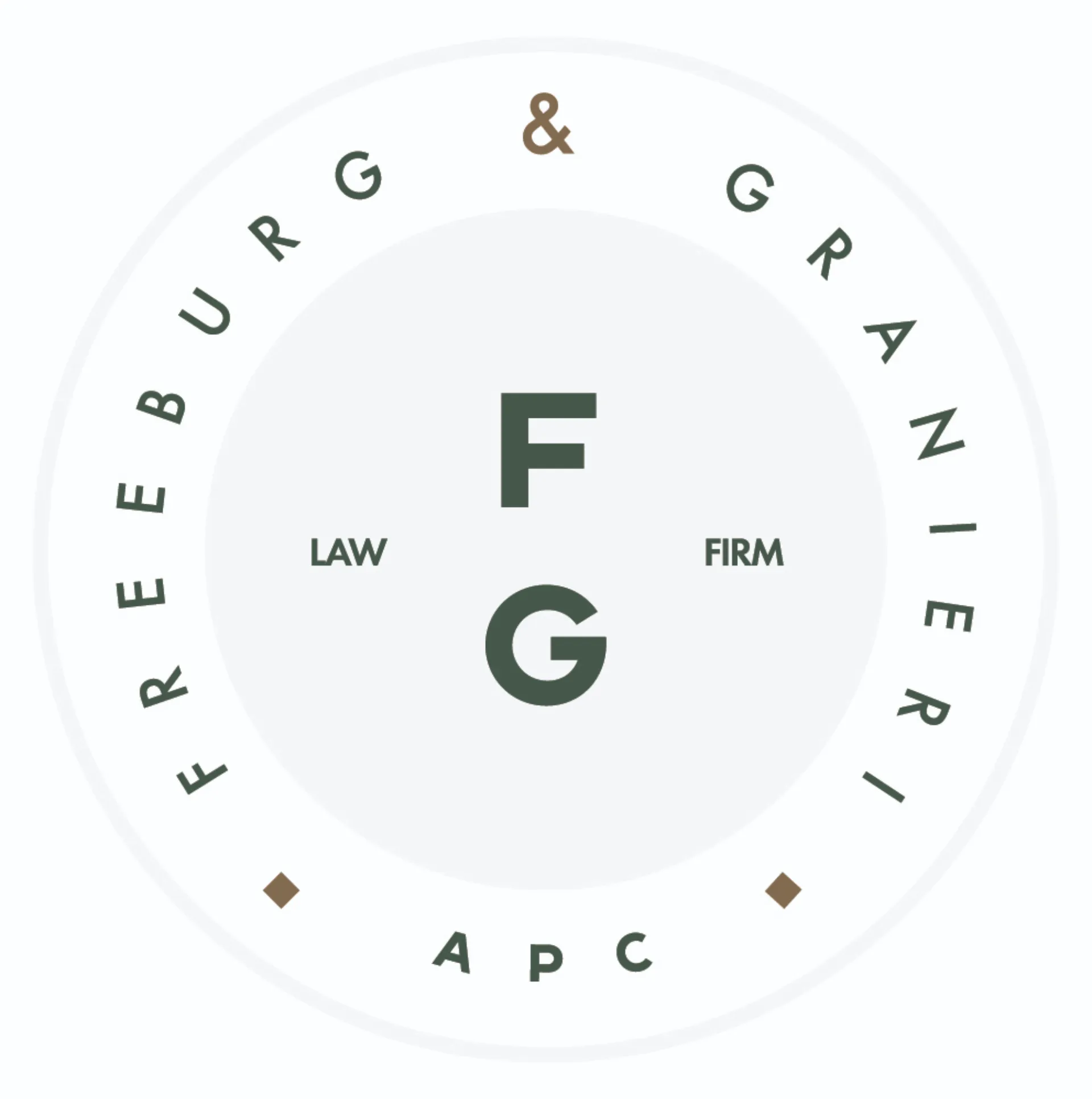
Navigating workplace rights can be confusing, especially when it comes to taking leave under the California Family Rights Act (CFRA). Unfortunately, some employers retaliate against employees who exercise their legal rights.
But what exactly is CFRA retaliation? And more importantly, how can you protect yourself? In this Freeburg and Granieri APC guide, we’ll break down CFRA retaliation, the legal framework around it, and how you can fight back.
CFRA retaliation is a workplace retaliation that occurs when an employer punishes an employee for exercising their right to take leave under the CFRA. This might come in the form of termination, demotion, or even a hostile work environment. It’s illegal, but it’s also more common than many realize.
Employers may retaliate for various reasons—often tied to the belief that granting leave is disruptive or costly. Unfortunately, this mindset leads to unlawful actions that impact employees' careers and well-being.
The CFRA provides significant protection for employees. It ensures that taking a protected leave to care for a family member or oneself does not become a reason for employer retaliation. But understanding these legal protections is the first step to defending your rights.
Understanding CFRA retaliation starts with knowing what CFRA leave is and how it works.
The California Family Rights Act (CFRA) allows employees to take up to 12 weeks of unpaid, but job protected leave for certain qualifying events. Qualifying events include:
Not all employees are eligible for CFRA leave. To qualify, you must have worked for your employer for at least 12 months and have logged at least 1,250 hours during that period. Your employer also needs to have 5 or more employees.
CFRA leave provides job protection, ensuring employees can return to the same or an equivalent position after their leave. It also allows workers to attend to pressing family matters without risking their careers.
Recognizing CFRA retaliation means understanding the different ways it can manifest.
One of the most blatant forms of retaliation is being fired after requesting or returning from CFRA leave. Although illegal, some employers falsely justify their decision as being unrelated to the leave.
Retaliation can also take the form of demotions, reductions in pay, or changes in job responsibilities—actions designed to punish the employee for taking leave.
A more subtle but equally damaging form of retaliation is creating a hostile work environment, where the employee is subjected to undue scrutiny or harassment after returning from leave.

Knowing the signs of CFRA retaliation can help you take action before it’s too late.
Retaliation doesn’t always look like a direct attack. Subtle signs include being excluded from meetings, receiving negative performance reviews without reason, or being reassigned to less desirable tasks.
In more overt cases, retaliation may come in the form of disciplinary actions, salary cuts, or even termination soon after taking CFRA leave.
Employers often try to cover their tracks by providing unrelated excuses for their actions. Recognizing when these excuses mask retaliatory motives is key to proving a CFRA retaliation case.
The legal framework surrounding CFRA retaliation helps protect employees from such unlawful actions.
CFRA operates in tandem with the federal Family and Medical Leave Act (FMLA), but it has broader protections for California employees. While both laws offer leave protections, CFRA covers domestic partners and provides more nuanced protections.
California laws are strict when it comes to protecting employees from retaliation. Employers are prohibited from retaliating against employees who lawfully exercise their CFRA rights.
Successfully proving CFRA retaliation requires solid evidence and a clear link between the retaliation and the leave request.
Document every interaction with your employer before, during, and after your leave. Emails, performance reviews, and witness statements can all be crucial in building your case.
To prove retaliation, you’ll need to show a clear connection between your CFRA leave and the adverse actions taken by your employer. Temporal proximity—where retaliatory actions closely follow leave requests—can be strong evidence.
What should you do if you suspect you’re being retaliated against?
Start by reporting any retaliatory actions to your Human Resources department. They have a legal obligation to investigate and resolve your concerns.
If your employer doesn’t address the issue, you can file a complaint with the California Civil Rights Department (CCRD). They will investigate and may take action on your behalf.
If internal measures don’t resolve the situation, it’s time to seek legal assistance. A lawyer experienced in CFRA retaliation cases can guide you through the process.
Victims of CFRA retaliation are entitled to remedies that can make them whole again.
If you’ve lost wages or benefits due to retaliation, you may be entitled to full compensation, including back pay.
In many cases, victims can also seek reinstatement to their former position, ensuring they return to the same role and pay level.
In severe cases, victims may also be eligible for compensation for emotional distress or punitive damages, especially if the employer’s actions were particularly egregious.
Being fired after taking CFRA leave is a clear violation of California law. If you’ve been wrongfully terminated, it’s important to know that you have the right to fight back and should consider hiring us at Freeburg and Granieri APC.
At Freeburg and Granieri APC, we are dedicated to defending employees who have been victims of CFRA retaliation. Our firm stands out because we offer direct access to attorneys who have graduated from top law schools and have over a decade of employment law experience.
When you work with us, you’ll never be treated like just another client. We handle every case with the care it deserves, providing personalized attention from intake to trial. Your attorney will be available to you every step of the way, and your case will never be handed off to inexperienced staff.
Many law firms treat clients as commodities, but we treat ours like family. Former clients are our best referral source, and we pride ourselves on our commitment to fighting for what’s right. If you’ve been a victim of CFRA retaliation, don’t settle for less—let us fight for you.

Experiencing CFRA retaliation can be a frustrating and painful experience. But remember—you have legal rights, and there are steps you can take to protect yourself and seek justice.
California’s robust legal protections for employees mean that no one should fear taking CFRA leave. By standing up for your rights, you’re not just protecting yourself—you’re helping to enforce the law for all employees.
If you believe you’ve been retaliated against, consulting an experienced attorney at Freeburg and Granieri APC can make all the difference. We will help you navigate the legal system and build a strong case. Book a consultation today; it's free!
Our clients become friends, confidants, and repeat customers. Former clients are our best referral source.
Do not be a commodity, find an attorney who treats your legal issue with the care it deserves.
